Research Questions
How do meditation and prayer change our brains?
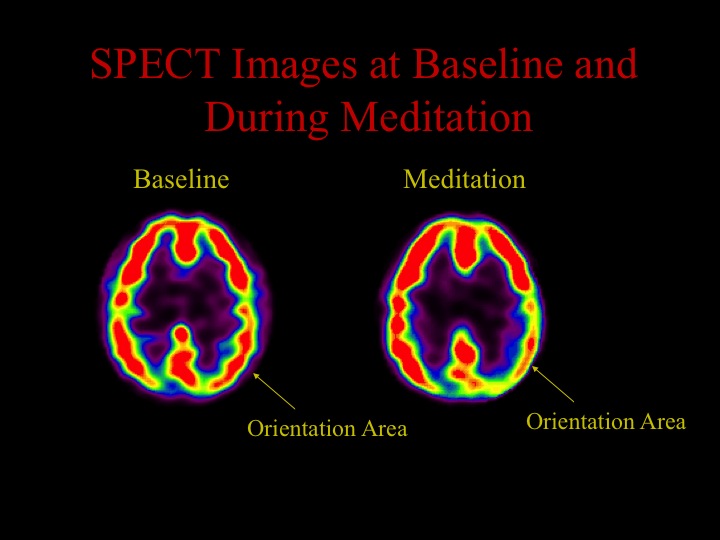
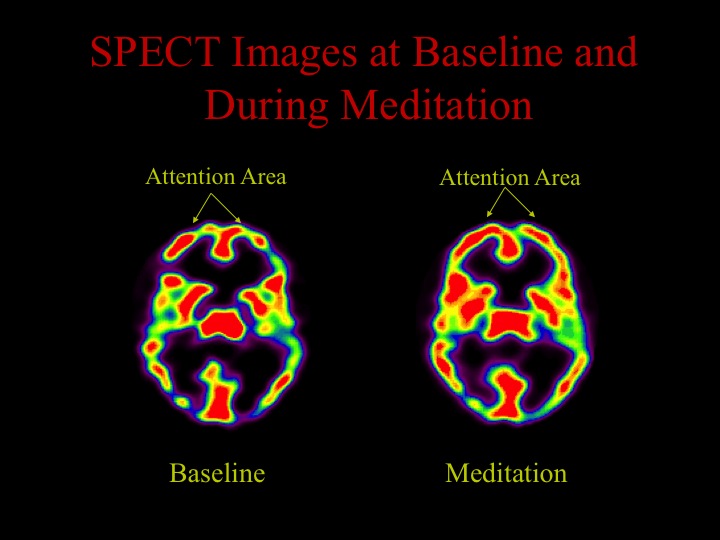
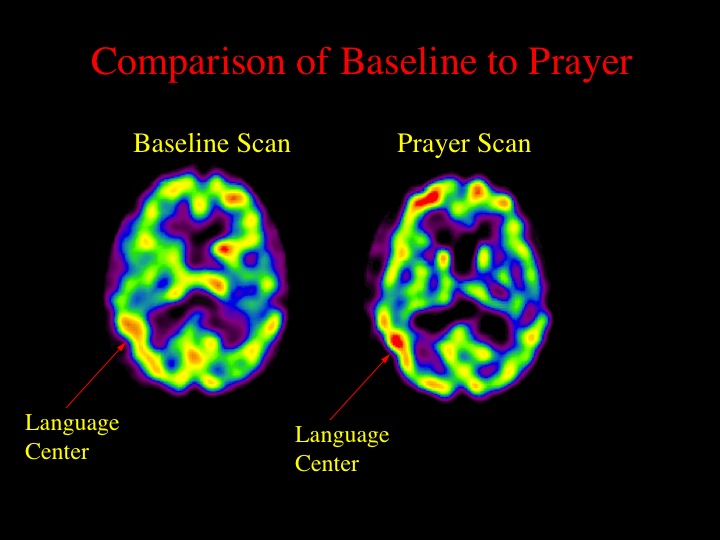
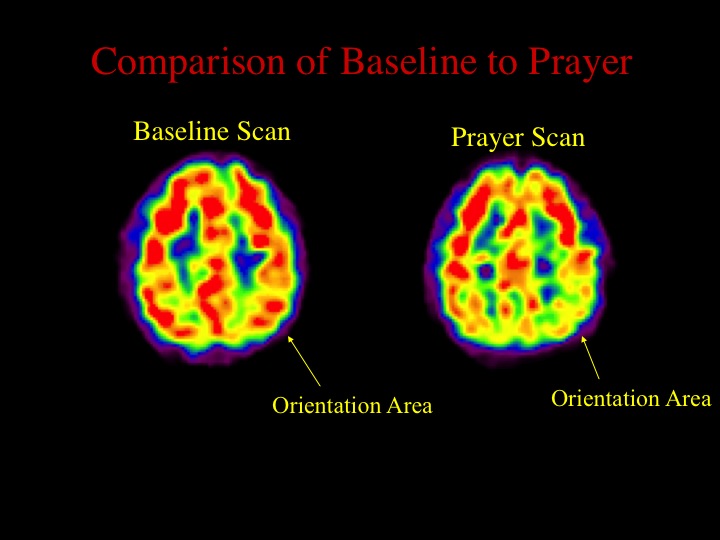
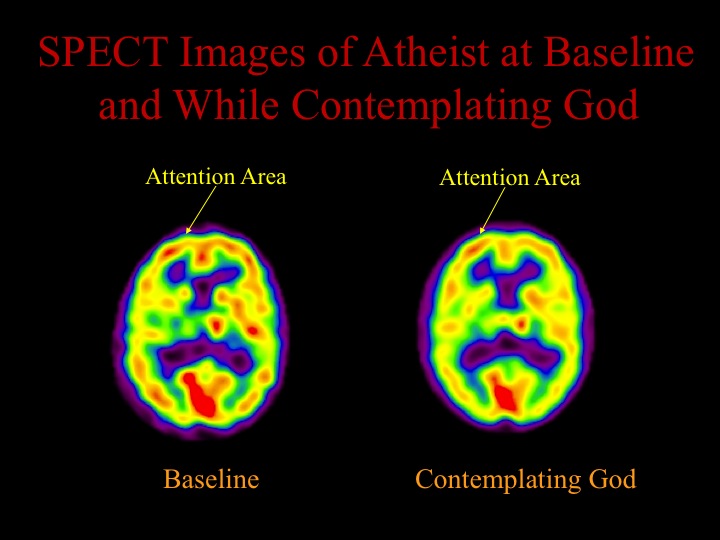
Why do we believe what we believe?
Beliefs are based on four key components—perceptions, emotions, cognitions, and social interactions—which are also deeply interconnected. These components all intersect in the workings of the human brain, which enables us to have all of our beliefs. Our beliefs begin to develop the moment that we are born, and we are preprogrammed to believe in certain ways. However, these ways are shaped by everything we think, feel, and experience over our lifetime.
The brain also requires beliefs in order for us to survive. We need to hold beliefs about how the world works throughout our entire life. We need to expect certain things to happen, such as a person being nice to us if we are nice to them. But we can also have beliefs about meaning and purpose in life, about religion, and about the deep complexities of the universe. Because our beliefs are so important to our survival, we have a tendency to hold those beliefs very strongly, even when presented with opposing opinions or facts. Yet the brain is also capable of changing beliefs if we are open to new ideas and respect the beliefs of others.
Are there constructive and destructive beliefs?
Beliefs can have different effects on our mind and body. Some beliefs might be called "constructive" because they help us better adapt to our world, make us feel positive about ourselves, and result in overall better physical and mental health. Some beliefs are "destructive" because they induce stress within us, worsen our health, or create antagonism and violent feelings toward others. One of the most important aspects of why beliefs can be constructive or destructive depends on whether they are exclusionary of other perspectives and how strongly they are held. The data indicate that all beliefs have their limitations because the brain has limitations. Thus, constructive beliefs help provide a sense of compassion for everyone else, who are also relying on their own beliefs—beliefs that also have limitations.
Is God only in our brain?
Our research indicates that our only way of comprehending God, asking questions about God, and experiencing God is through the brain. But whether or not God exists “out there” is something that neuroscience cannot answer. For example, if we take a brain image of a person when she is looking at a picture, we will see various parts of the brain being activated, such as the visual cortex. But the brain image cannot tell us whether or not there actually is a picture “out there” or whether the person is creating the picture in her own mind. To a certain degree, we all create our own sense of reality. Getting at what is really real is the tricky part.
Is there is an actual “God module” in the brain?
Religious and spiritual experiences are typically highly complex, involving emotions, thoughts, sensations, and behaviors. These experiences seem far too rich and diverse to derive solely from one part of the brain. It is much more likely that many parts of the brain are involved. Additionally, very different patterns of brain activity may appear, depending upon the particular experience the individual is having. For example, a near-death experience might result in different activity patterns from those found in a person who is meditating. Such evidence indicates that more than a single “God module” is at work—that, in fact, a number of structures in the brain work together to help us experience spirituality and religion.
Do the temporal lobes explain religious experiences?
The temporal lobes are clearly important in religious and spiritual experiences. The amygdala and hippocampus have been shown to be particularly involved in the experience of visions, profound experiences, memory, and meditation. However, Andrew feels that the temporal lobe must interact with many other parts of the brain to provide the full range of religious and spiritual experiences.
Are all religious experiences related to disorders such as schizophrenia or temporal lobe epilepsy?
While studies have clearly shown a relationship between religious experiences and various brain disorders, there are several reasons why this association cannot be the only answer. First, not everyone with a brain disorder has unusual spiritual and religious experiences. In fact, only a small percentage of people with disorders such as temporal lobe epilepsy have unusual experiences. Second, there are people who have only one unusual experience in their entire life and never have another. This is in contrast to most people with brain disorders, who have repeated problems, such as multiple recurrent seizures. Third, too many people have religious experiences to believe that all of these people have some sort of disorder. Finally, many of these experiences result in dramatic changes in a person's perspective on life, death, and relationships. Such a radical change in perspective has never been consistently documented in people with brain disorders—unless, of course, they have a religious experience. This brings up the point that "normal" people can have normal or abnormal religious experiences, and "abnormal" people can have normal or abnormal religious experiences. Distinguishing between each of these groups is the difficult task of neuroscience.
Are we "hard-wired" for God?
The term "hard-wired" suggests that we were purposefully designed that way. Neuroscience cannot answer the question of purposeful design. However, what we can say is that the brain has two primary functions that can be considered from either a biological or evolutionary perspective. These two functions are self-maintenance and self-transcendence. The brain performs both of these functions throughout our lives. It turns out that religion also performs these two same functions. So, from the brain's perspective, religion is a wonderful tool because religion helps the brain perform its primary functions. Unless the human brain undergoes some fundamental change in its function, religion and God will be here for a very long time.
Why won't God go away?
The main reason God won't go away is because our brains won't allow God to leave. Our brains are set up in such a way that God and religion become among the most powerful tools for helping the brain do its thing—self-maintenance and self-transcendence. Unless there is a fundamental change in how our brain works, God will be around for a very long time.
How does this research relate to the health benefits of religion and religious behaviors being reported?
Our research provides the link between religion and health. By understanding how the brain works during certain religious experiences and practices (e.g., meditation and prayer), we can begin to understand how religion affects psychological and physical health. For example, our model of brain activity during meditation indicates that there may be very demonstrable reasons why people who frequently practice meditation experience lower blood pressure, lower heart rates, decreased anxiety, and decreased depression.